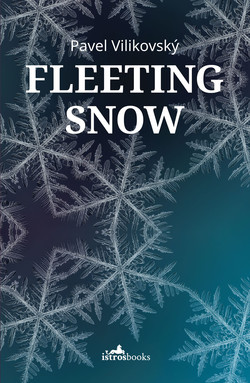Читать книгу Fleeting Snow - Pavel Villikovsky - Страница 6
На сайте Литреса книга снята с продажи.
Оглавление1.b
If, as the saying goes, every person is unique, their name ought to be unique too. Except that it doesn’t work like that. What is unique about, say, Štefan Kováč, whose name is about as common as Stephen Smith is in English? In this country, no first name can ever be truly unique – the Church and the clerks at the register office have seen to that – and if your surname happens to be Kováč to boot, you’ve had it: you’ll end up being known as Kováč Up the Valley, or Kováč the son of Lipták, or Kováč the Potter, as opposed to Kováč the Shepherd. Slovak is a garrulous language, we don’t mind throwing in an extra word here and there, but even with that additional piece of information, does a name convey anything unique about a person? And even if we domesticate Štefan, what unique information do we glean from that? The familiar form ‘Števo’ conjures up the image of a blond, pink-cheeked softie, always willing to chop wood for the old lady next door, while someone known by another common form of the name, ‘Pišta’, would be a swarthy cunning prankster, maybe with a moustache, who will go far. Not to mention ‘Kováč’ who I will always imagine forging his own lucky horseshoe. There would be no point looking for anything unique in such images.
The purpose of a name is to help us pigeonhole a person. It makes life easier.
